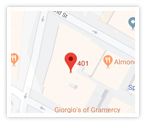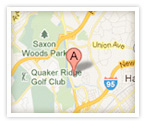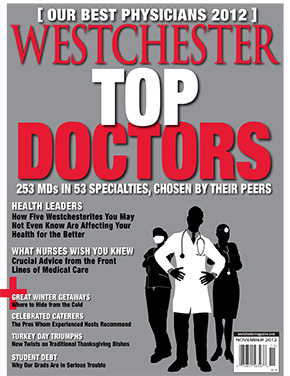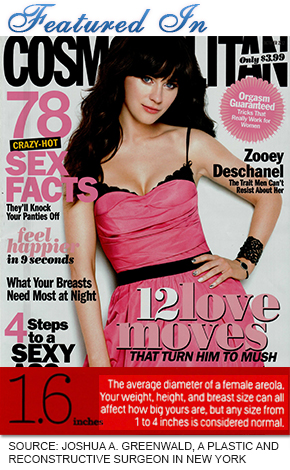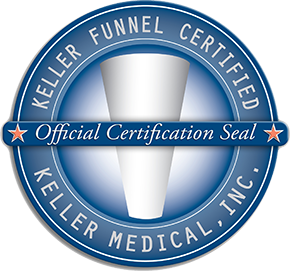
While breast augmentation trends have changed over the year, this cosmetic procedure continues to be one of the most popular procedures performed at Dr. Greenwald’s practice and around the world. When researching breast augmentation, women need to be educated so they fully understand all options and have considered all the benefits, alternatives and risks associated with this common surgery. “Even though breast augmentation is considered an “elective” procedure, there are still risks associated with the surgery” says Dr. Greenwald, “it is important patients are aware of all aspects of the breast augmentation process so they can make an informed decision.”
One question we are commonly asked is in reference to the “shelf life” or expiration date of breast implants and if/when patients will require a secondary surgery to replace their implants. While it is recommended to have breast implants replaced sometime during your lifetime, there is not a “magic number” on when this should take place. As a general rule of thumb, implant manufacturers recommend having your implants replaced every 10 years or sooner, should you experience a deflation. “It is important for patients to understand that breast implants are not a lifetime device, and do require some maintenance”, says Dr. Greenwald, “however, exchanging implants should not act the same as changing oil in your car every 3,000 miles. Some implants could last 20 or more years without any issues.” It is important to visit your plastic surgeon every 10 years (or earlier if you have concerns) to have your implants assessed.
Another common question from patients involves nipple and breast sensation. While there are sometimes initial post-surgery changes in breast and nipple sensation this is typically temporary with most patients returning to full sensation in 6-12 months after surgery.
Often patients ask about the risk of capsular contracture with a breast augmentation surgery. The capsular contracture rate is only about 2% of all breast procedures performed and is extremely unlikely in Dr. Greenwald’s practice. Capsular contracture occurs when scar tissue forms around the implant – squeezing the implant and causing painful hardening of the implant. For patients experiencing capsular contracture, additional surgery may be required. To avoid unnecessary complications, it is important patients strictly follow their surgeon’s post surgery instructions. “The best way for patients to ensure they achieve their desired breast augmentation outcome is to closely follow the post op instructions of their board certified plastic surgeon and report any concerns as soon as possible” reminds Dr. Greenwald.
Although breast augmentation remains one of the most commonly performed procedure with the highest satisfaction rates, it is important for patients to understand the possible risks associated with the procedure. To schedule a consultation with Dr. Greenwald to learn more about breast augmentation surgery, contact his practice by calling (914) 421-0113 or (212) 518-1642.



